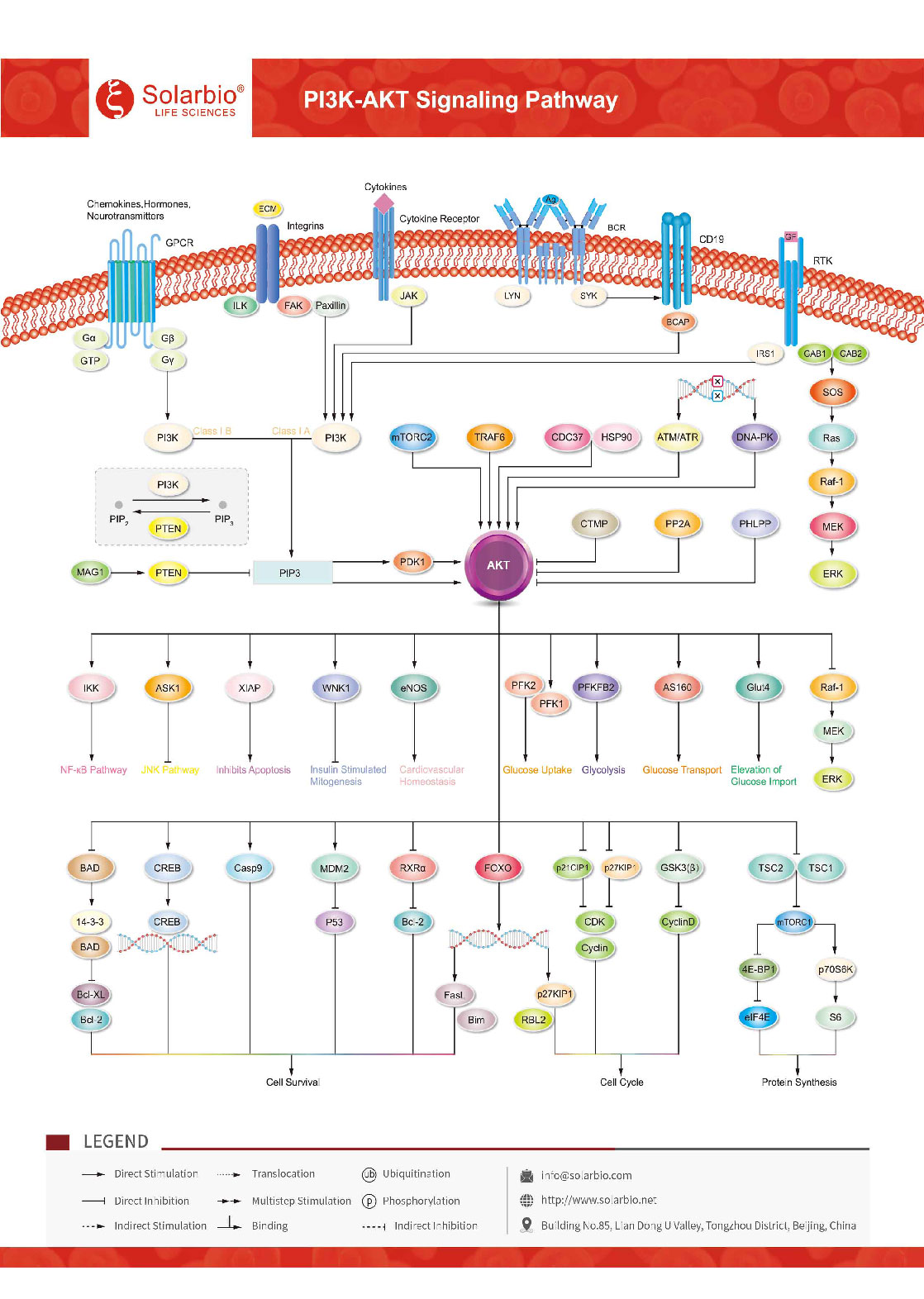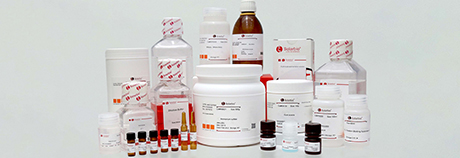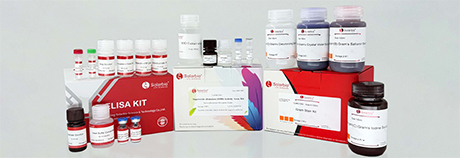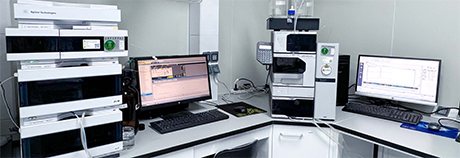PI3K- AKT Signaling Pathway
Protein kinase B(Akt), also known as PKB or Rac, is a serine/threonine protein kinase with anti-apoptotic activity and is one of the major downstream targets of the PtdIns (3,4,5) P3 signaling pathway. Akt phosphorylation and activation are directly determined by the level of PtdIns (3,4,5) P3 at the plasma membrane. which is regulated by PI3K. Akt plays an important role in cell survival and apoptosis, and is involved in the regulation of cell growth, proliferation, metabolism and protein synthesis. Its inactivation is involved in various stress-induced pathological cell death and degenerative diseases. PI3K (phosphatidylinositol 3-kinase) has serine/threonine (Ser/Thr) kinase activity and phosphatidylinositol kinase activity. PI3K can be divided into three categories, with different structures and functions. the most widely studied is class I PI3K, which is a heterodimer consisting of a regulatory subunit and a catalytic subunit. The regulatory subunit contains SH2 and SH3 domains that interact with target proteins containing corresponding binding sites, and this subunit is commonly referred to as p85. There are four catalytic subunits, namely p110α, β, δ and γ, while δ and γ are limited to leukocytes, the rest are widely distributed in various cells. The PI3K pathway plays an important role in many biological processes, including cell cycle progression, cell growth, survival, actin rearrangement and migration, and intracellular vesicle trafficking. The PI3K-AKT signaling pathway can be activated by a variety of different types of cellular stimuli and toxins, and regulates essential cellular functions, such as cell growth, transcription, translation, proliferation, survival, cell motility and glycogen metabolism. Growth factors bind to their tyrosine kinase receptors (RTKS) or G protein-coupled receptors (GPCRS) to activate the class Ia and class Ib family PI3K isoforms, respectively. At the same time, PI3K catalyzes the generation of phosphatidylinositol-3, 4, 5-triphosphate (PIP3) at the cell membrane, and then PIP3 enters the cell as a second messenger to assist in the activation of Akt. Once Akt is activated, Akt controls critical cellular processes by phosphorylating substrates involved in apoptosis, protein synthesis, metabolism and the cell cycle. Dysregulation of the PI3K-AKT signaling pathway can cause diseases such as cancer and diabetes.









